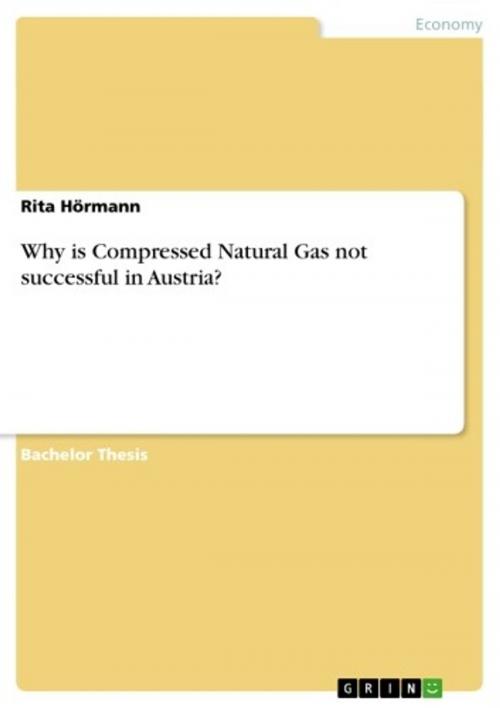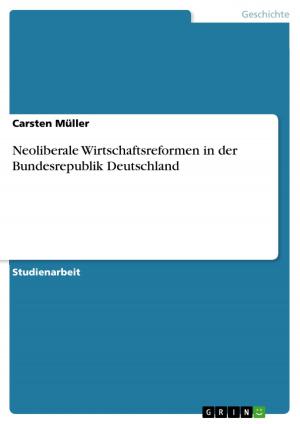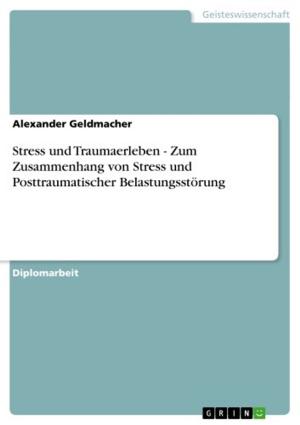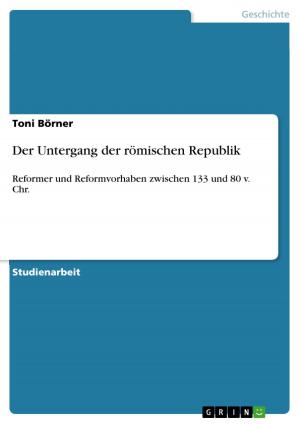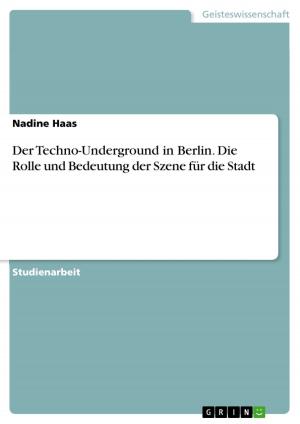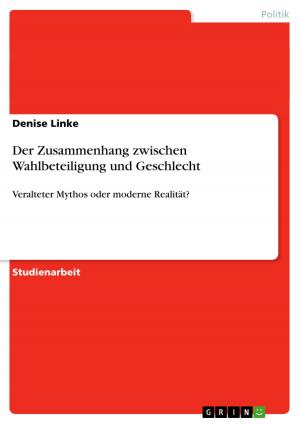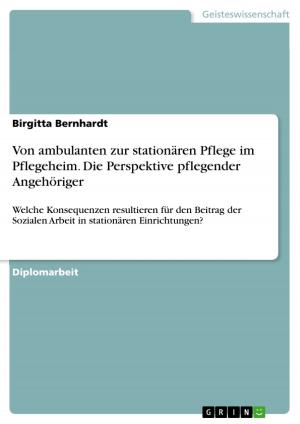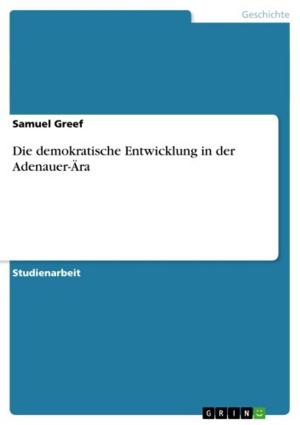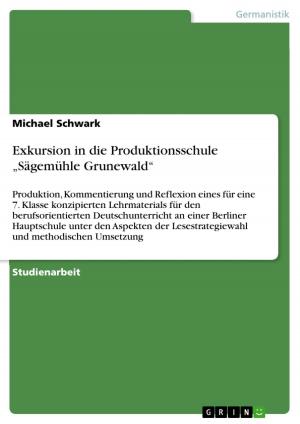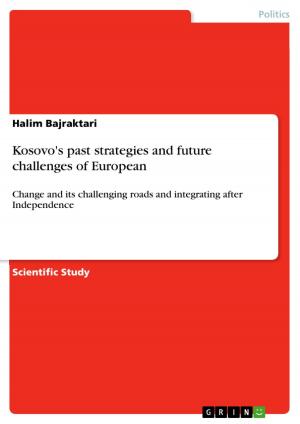| Author: | Rita Hörmann | ISBN: | 9783656349242 |
| Publisher: | GRIN Verlag | Publication: | January 14, 2013 |
| Imprint: | GRIN Verlag | Language: | English |
| Author: | Rita Hörmann |
| ISBN: | 9783656349242 |
| Publisher: | GRIN Verlag |
| Publication: | January 14, 2013 |
| Imprint: | GRIN Verlag |
| Language: | English |
Bachelor Thesis from the year 2012 in the subject Business economics - Miscellaneous, grade: 1,1 (99%), University of Applied Sciences Kufstein Tirol (Internationale Wirtschaft und Management), course: Business economics - Miscellaneous, language: English, abstract: As transportation causes the biggest part of greenhouse gas emissions, there is a global need to reduce carbon emissions especially of passenger cars. Due to certain specialists, one possible alternative to reduce car emissions would be to switch from gasoline or diesel to Compressed Natural Gas (CNG) vehicles. They are environmentally friendly and the technology is even ready. In Austria, CNG cars were introduced in 1992. Nevertheless, the demand of CNG cars is decreasing, its market share is not as high as predicted and lower than in some other countries, like for example Italy. All these indications must have its reasons and leads to the research question: Why is CNG not sucessful in Austria? One hypothesis, which will be analyzed within this research, is that CNG cars are not profitable compared to its main competitors gasoline and diesel. In order to measure the profitablily of CNG cars, the Internal Rate of Return (IRR) of the investment will be calculated and compared to the project's cost of capital. However, calculations show that under certain circumstances CNG is profitable and under different criteria it is not. Consequently, it could be said that in some cases CNG is not successful in Austria because there is a lack of profitability. Nevertheless, there must definitely be some other reasons, too.
Bachelor Thesis from the year 2012 in the subject Business economics - Miscellaneous, grade: 1,1 (99%), University of Applied Sciences Kufstein Tirol (Internationale Wirtschaft und Management), course: Business economics - Miscellaneous, language: English, abstract: As transportation causes the biggest part of greenhouse gas emissions, there is a global need to reduce carbon emissions especially of passenger cars. Due to certain specialists, one possible alternative to reduce car emissions would be to switch from gasoline or diesel to Compressed Natural Gas (CNG) vehicles. They are environmentally friendly and the technology is even ready. In Austria, CNG cars were introduced in 1992. Nevertheless, the demand of CNG cars is decreasing, its market share is not as high as predicted and lower than in some other countries, like for example Italy. All these indications must have its reasons and leads to the research question: Why is CNG not sucessful in Austria? One hypothesis, which will be analyzed within this research, is that CNG cars are not profitable compared to its main competitors gasoline and diesel. In order to measure the profitablily of CNG cars, the Internal Rate of Return (IRR) of the investment will be calculated and compared to the project's cost of capital. However, calculations show that under certain circumstances CNG is profitable and under different criteria it is not. Consequently, it could be said that in some cases CNG is not successful in Austria because there is a lack of profitability. Nevertheless, there must definitely be some other reasons, too.
